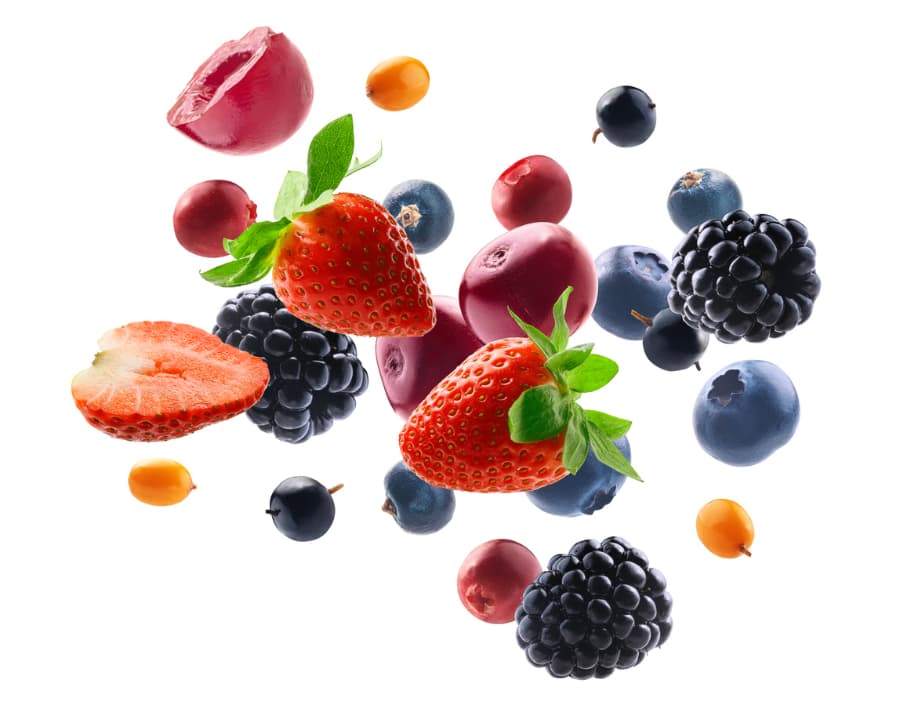When it is time for a routine gastrointestinal (GI) screening, you will be asked to avoid certain foods for a few days before the procedure. This colonoscopy prep diet makes it easier for your system to clear itself out, which ultimately allows physicians to get a better look at the condition of your colon, or large intestine. The specialists at the Ambulatory Center & G.I./Endoscopy Suites at Richmond University Medical Center are available for regular screenings, diagnoses, treatments, and other gastroenterology-endoscopy services in Staten Island, New York. Here, we discuss a colonoscopy and the foods you should avoid before the procedure.
What is a Colonoscopy?
A colonoscopy is an important screening procedure that is used to detect colon cancers. Physicians use a camera to inspect the large bowel and portions of the small bowel. The camera is attached to a flexible tube that is passed through the anus while the patient is sedated. The gastroenterology team looks carefully at the entire colon.
During the colonoscopy, polyps, or small clumps of cells that form on the lining of the colon or rectum, may be removed for laboratory testing and identification. These are usually harmless, but some polyps can become cancerous with time. It is both precautionary and informative for your physician to remove these usually benign growths. If the results show any signs of cancer, a physician will follow up with a colon cancer treatment plan.
It is recommended that patients with a high risk of colon cancer, and most people over the age of 45, should receive regular colorectal screening exams.
Do Not Eat These Foods Before a Colonoscopy
Preparing for a colonoscopy requires the patient to follow a special diet for a few days. This process consists of eating only easy-to-digest foods and those that will not interfere with the imaging. Additionally, a strong laxative is used to clear the bowel the night before the procedure. Both measures help ensure the screening provides a clear image of the patient’s colon.
For three to five days before the colonoscopy, it is best to avoid high-fiber foods and foods that take longer to digest. These include the following:
- Whole grain bread, cereal, pasta, and baked goods
- Grain products made with nuts or seeds
- Brown or wild rice, and kasha (buckwheat)
- Nuts, seeds, peanuts, coconut, and popcorn
- Fruit or fruit juice that contains skin, seeds, and lots of pulp, such as berries, pineapples, and oranges
- Prunes or prune juice
- Dried fruit
- High-fat meat, including beef and pork, as well as tough meats
- Tofu
- Fried, roasted, or grilled foods
- Brassicas, any vegetables such as broccoli, cabbage, Brussels sprouts, cauliflower, greens, kale, and turnips
- Sauerkraut
- Cucurbits, any vegetables such as cucumbers, summer or winter squash, including pumpkin
- Onions and mushrooms
- Potatoes with skin
- Tomatoes
- Raw vegetables
- Corn, peas, or lima beans, whether fresh, canned, or frozen
- Dried legumes, such as split or black-eyed peas, beans, or lentils
- Jams, marmalades, fruit preserves, pickles, olives, relish, horseradish, and stone-ground mustard
Ask Your Physician About Other Precautions
Each patient has different requirements, so ask your gastroenterologist for specific instructions if you take regular medications. You may need to stop some of the medications before the colonoscopy.
The day before your screening is the time to switch to an all-liquid diet, which means no solid food. The color of these clear liquids is important as well. Do not drink liquids that are red, blue, or purple colored since they may interfere with the clarity of the images viewed by the gastroenterologist during the procedure.
To feel your best before, during, and after a colonoscopy, be sure to hydrate adequately and include electrolytes. The process of clearing the bowel and rectum by drinking a laxative might cause a bit of dehydration, so it is also important to take that into consideration.
Get Preventive Screening Services at Richmond University Medical Center
A colonoscopy is the best method for examining the colon and rectum for any signs of cancer. Depending on the results, a physician will recommend the timing of your next screening, often at five- or 10-year intervals. Richmond University Medical Center in Staten Island, New York, offers screenings for GI health as well as breast and women’s health and obstetrics and gynecology. Contact us for more information or to schedule an appointment.




